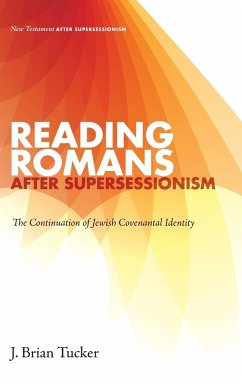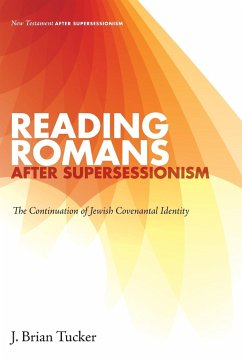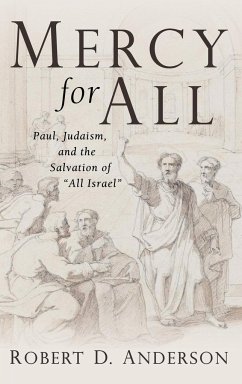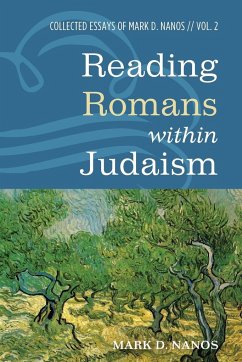This book is a verse-by-verse expositional commentary of Romans-dispensationally considered. It approaches Scripture as the inspired, complete, and authoritative Word of God. By understanding this foundational book on Pauline doctrine, it will bring the remainder of Paul's writings into focus.After Paul's conversion on the road to Damascus, God told Ananias, "Go thy way: for he is a chosen vessel unto me, to bear my name before the Gentiles, and kings, and the children of Israel" (Acts 9:15). Paul's message to the Gentiles was both separate and unique from the message preached by the Twelve. An agreement was made between the Twelve and Paul that their distinct gospels would be carried to the lost sheep of the house of Israel and the Gentiles respectively. In their meeting at Jerusalem, it was stated, "When they saw that the gospel of the uncircumcision was committed unto me, as the gospel of the circumcision was unto Peter; (For he that wrought effectually in Peter to the apostleship of the circumcision, the same was mighty in me toward the Gentiles:)...that we should go unto the heathen, and they unto the circumcision" (Gal. 2:7-9). Here the word heathen refers to the Gentiles, and the word uncircumcised refers to Israel.Of all of Paul's writings, the book of Romans is definitive. It establishes a complete legal argument for the justification of God's wrath and His plan for redemption for those who choose to believe in the finished work of His Son on the cross. All of Paul's subsequent books are built upon the Gospel of the Grace if God which was revealed to Paul by the Resurrected Lord Himself and which Paul continually refers to as "my" gospel.







